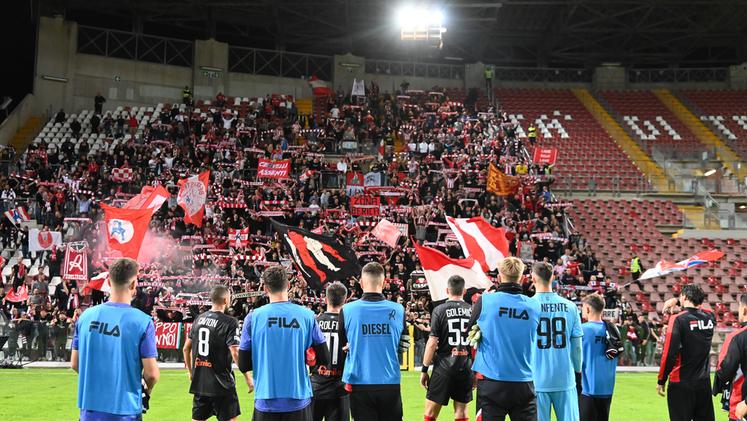by Sergio Restelli
Russia, London and Paris: Hypothesis Sending Soldiers, Civil Protection and Bunkers to Germany
The conflict in Ukraine, which has been going on for over 1000 days, is reshaping the global geopolitical balance.
Growing Russian pressure and intensifying missile attacks are fueling strategic debates between European powers.
While France and the United Kingdom discuss the possibility of sending troops into the field, Germany focuses on strengthening its civil protection infrastructure, preparing for extreme crisis scenarios.
Donald Trump’s imminent inauguration in the White House could also redefine American support for Kiev, adding further complexity to the international landscape.
The London and Paris Reflection: From Military Assistance to Direct Intervention
According to the newspaper Le Monde, France and the United Kingdom are evaluating the opportunity to strengthen their commitment to Ukraine by sending troops. This possibility would represent a significant change compared to the line adopted so far, which has been limited to supplies of armaments, military training and financial support.
Franco-British Cooperation
The hypothesis of a direct intervention would be linked to the creation of a European nucleus of allies with a dual purpose, which is indicated below.
1. Support Ukraine to prevent further Russian advances and stabilize the region.
2. Strengthen European security, sending a clear signal of unity against the Russian threat.
This position reflects growing frustration with the limited effectiveness of current measures and fears that a Russian victory could further destabilize NATO’s eastern flank.
Risks and Implications
Direct involvement of the British and French armed forces would pose the risk of an unprecedented military escalation.
Russia could interpret the sending of NATO troops as an act of direct aggression, leading to a widening of the conflict.
The possibility of a nuclear confrontation would increase, in line with Moscow’s recent threats to use advanced weapons, including long-range missiles capable of hitting anywhere in Europe.
For these reasons, London and Paris are trying to carefully balance their moves, keeping the door open to diplomatic dialogue, but preparing for possible intervention if necessary.
Italy’s Position: Prudence and Indirect Support
Italy takes a more cautious approach.
Foreign Minister Antonio Tajani reiterated that Rome will continue to support Kiev through financial, political and military aid, but categorically excludes the sending of Italian soldiers.
This position reflects a dual desire: ì, which could be as indicated below
1. Avoid direct escalation, which would put internal stability and political consensus at risk.
2. Maintain an active role in supporting Ukraine without entering the conflict directly.
Tajani also criticized Russia for recruiting foreign mercenaries, such as North Koreans and members of the Houthis, underlining the need for international diplomatic pressure to stop such practices.
The German Strategy: Bunkers and Preparations for Civil Defense
Germany, while supporting Ukraine with military and logistical supplies, is focusing its efforts on strengthening civil protection.
Berlin is upgrading its bunker system, many of which date back to World War II and the Cold War, and plans to digitize information to make it easier for the population to access shelters.
Details of the German Plan
List of Bunkers: Currently, Germany has 579 active shelters, capable of hosting around 480,000 people. The government intends to expand this capacity. • Home Shelters: Citizens are encouraged to convert cellars and garages into safe shelters in anticipation of future emergencies.
“Operation Plan Germany”:
This 1000-page strategic document includes measures to protect critical infrastructure and ensure the continuity of military and civilian operations in the event of conflict.
Germany, aware of its strategic role on NATO’s eastern flank, is also preparing to serve as a logistics hub for the transfer of troops and materials.
Future Prospects and Geopolitical Risks
The Impact of the Trump Administration
With Donald Trump in the White House, the American position could undergo a significant change.
Reduction of support for Kiev:
Trump has in the past expressed skepticism about US involvement in European conflicts, preferring an isolationist approach.
Pressure on Europe
Any reduction in American commitment would force European countries to intensify their military and financial support, with possible internal tensions within NATO.
The Russian Escalation
Russia continues to intensify its military operations, using advanced weapons and involving international mercenary forces.
Russia’s growing ability to strike European targets with long-range missiles poses a direct threat to the continent’s security.
Europe Faced with Crucial Choices
Faced with these challenges, European countries find themselves at a crossroads.
Cooperation strengthened by greater coordination between France, the United Kingdom, Germany and other NATO members could ensure a united and effective response.
Just as the risk of fragmentation, resulting from divergences between the policies of different countries, risks weakening the European position and leaving room for further Russian advances.
Conclusions
Europe finds itself at a crucial turning point in its management of the Ukrainian conflict. France and the United Kingdom explore direct intervention options, while Germany takes a more defensive approach.
Italy, however, maintains a cautious position.
However, the landscape could rapidly change with the inauguration of Donald Trump and the evolution of Russian strategies. In this context, Europe’s ability to act cohesively will be crucial to the future of regional security and stability.


